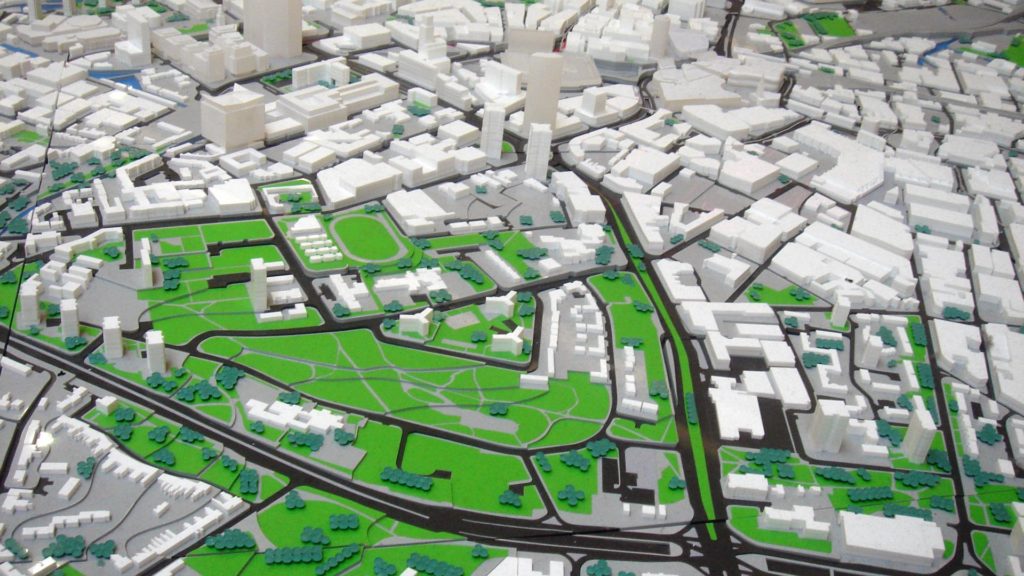It’s not all about urban planning, strategic land management must be prioritised

Earlier this week, the Irish Times published a thought-provoking article by Philip Lawton, assistant professor of geography at TCD, and Niamh Moore-Cherry, associate professor, UCD school of geography, titled ‘The call to relocate Dublin Port is based on faulty thinking’.
Frankly, there are two very distinct schools of thought about this particular site/area within the development community; both have merit and both are loaded with vested interests. Having a vested interest in an outcome does not make that outcome right, nor does it make the outcome wrong. Urban planning has become something of a hot potato and our current political uncertainty only serves to compound that. Only a foolish man would try to predict how much of a statement the new government will want to make in terms of planning, and exactly how much rope will be given to them…
Dublin Port has been the subject of much speculation by developers, urban planners, members of the business community, placemakers, conservationists and entrenched local residents. This speculation has intensified in recent years and it would be naive to think that any of those players (us and you included) approach this without bias. For that reason, it is interesting to hear about the geographical research, findings and educated arguments surrounding Dublin Port.
One of the early statements in the article reads: “It is not enough to believe that everyone will have access to knowledge economy jobs and live in high-end dockland housing”. This is a stark and reasonable reminder that planning is not divided by the urban/rural debate solely, there is a very real debate that needs to happen within the capital about inclusivity irrespective of socio-economic backgrounds, levels of education, careers/earning potential, lifestyle choices about family and other human motivating factors.
The proposal to relocate Dublin Port was touted more than a decade ago, however, as the housing crisis resisted so many of the policy interventions tried during the intervening period, it is once again a topic of conversation – but the slant has changed. It is no longer about shaping the city, but rather freeing up potential development land for badly-needed housing. The article goes on to say that “The arguments we hear aired in Ireland often ignore the realities of urbanism, and create a disingenuous and distracting discourse about lack of land being the problem, missing the fact that there remains in Dublin substantial under-utilised sites with potential for redevelopment. In reality, having enough land is not the issue; the crux of the matter is how it is managed”. This is difficult to disagree with.
The article points out that planning in contemporary Ireland appears to have gotten stuck on the track towards mixed-use (which is, in theory, a positive thing), however, this does not adequately provide for warehousing, power and wastewater utilities and all the other elements that are required for sustainable living. Urban planning is not the panacea to our housing crisis but effective and forward-thinking land management might just be…
